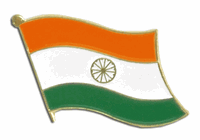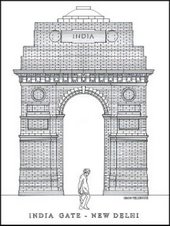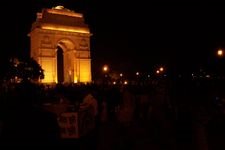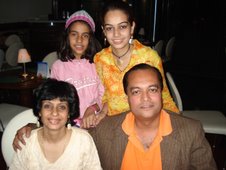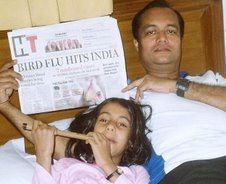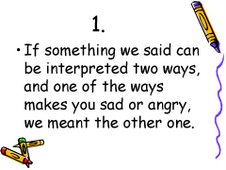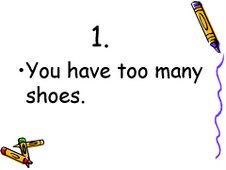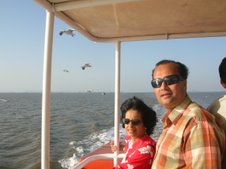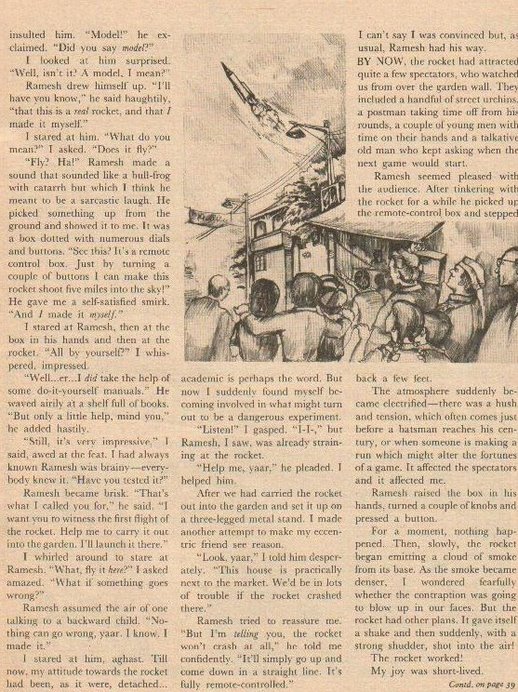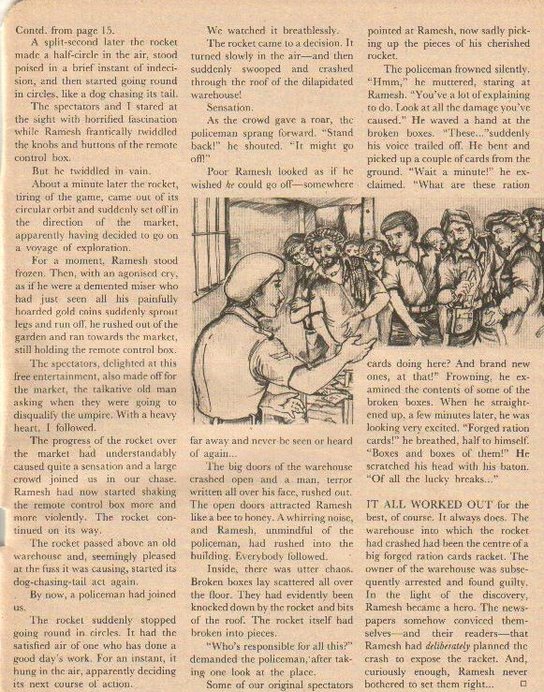My book: "Deceivers" is a collection of two short novels written by me. The first short novel is called: "A Matter of Survival". The second short novel is called: "Last Deception". The book has been published by Pustak Mahal under its imprint: Cedar Books (http://www.pustakmahal.com/book/book/bid,,9553A/isbn:9788122311457/index.html).
The synopsis of the short novel: "A Matter of Survival" is as follows:
On May 17th, 2010, India successfully test fires the indigenously developed Agni ll nuclear missile from the country’s main missile testing facility located on the east coast. This missile will greatly strengthen India’s land-based nuclear deterrent capability. This prompts China and Pakistan to accelerate their efforts to establish a clandestine base for monitoring India’s missile test facility on the east coast.
A leading industrial conglomerate of India has taken a concession from the government of Orissa to build and operate a factory and port project in the east coast of India – a project that will be state-of-the art and will contribute to the economic prosperity of India by optimum exploitation of the rich mineral resources of the region.
A NGO that works for conservation, begins a campaign against the port project and the corporate house that will implement it, claiming that the project will disturb the coastal ecosystem and also the million year old nesting beaches of an endangered species of sea turtle. The campaign raises the issue of improper examination of the environmental implications of the port project before the project was commissioned.
The campaign to save the sea turtle nesting beaches gains momentum and adversely impacts the share prices of the corporate group. This attracts a rival group, whose chairman has a longstanding professional and personal rivalry with the patriarch of the first group, to mount a hostile takeover bid.
There is a counter takeover bid in response. The stockmarket becomes a battlefield.
The forces inimical to the interests of India try to take advantage of this battle between the two biggest Indian industrial houses to try and take over ownership of both with help from disloyal insiders. This will also give these forces, China and Pakistan, ownership of the port project located near the missile test facility and also help undermine the economic base of India.
Caught up in this major power struggle are the CEO of the NGO fighting for the sea turtles and his former lover who is also the illegitimate daughter of the patriarch of the leading corporate house behind the port project as well as her brother, whose own NGO is threatened by the same corporate group his father heads. Past conflicts intrude into present day challenges to complicate and then resolve matters.
The synopsis of the short novel: "Last Deception" is as follows:
“Last Deception” is a thriller set in the background of the social sector in India. The lead character is a senior NGO professional.
The Story / Plot of “Last Deception”:
The lead character witnesses deaths due to water contamination while on a project field visit to an outreach programme and, after investigation, discovers that the lead donor of his NGO is the owner of the offending factory. He decides to expose the crime – and loses his job as a consequence of this action.
He then finds himself pursued by the promoters of another NGO, which proposes to address the problem of malnourishment in Madhya Pradesh, to join as CEO. He also survives a couple of attempts on his life. The promoters of the new NGO offer protection from potential enemies, which could include the industrialist he has exposed. This raises suspicions about the new NGO’s intentions in the lead character’s mind.
In the meantime, the lead character realizes that an Arab woman regularly attends his lecture classes all over the world. Spotting this woman with the man he suspects is trying to kill him makes him suspect her involvement also. This leads to a confrontation – in the process of which he learns that she is a CIA agent pursuing leads regarding Islamic terrorist jihadi fund transfers to the naxalites operating in India.
Her investigations have led her to one of the promoters of the new NGO which is head hunting the lead character. The area of operations of this NGO is right in the middle of naxalite territory. It appears that the lead character is being actively sought after to take over as CEO so that his recently acquired reputation as a crusader provides a cover for the new NGO’s real activites – funding of naxalites.
The lead character decides to take on the promoters of this new NGO head on by joining them and exposing the anti-national activities from within while working in the organization as the CEO.
He starts working with the CIA agent and her counterpart in Indian Intelligence to uncover proof of active involvement of the promoters of his NGO in using the NGO as a conduit for fund transfers from Islamic terrorist jihadi outfits world wide to naxalite groups operating in Madhya Pradesh.
The lead character also organizes food distribution programmes by his NGO to the marginalized tribals in the naxalite affected areas. During this work, he discovers evidence of brutality meted out by the insurgents on the local population – in an effort to instill fear and cooperation with their nefarious activities.
Further investigations not only reveal actual proof of the suspected fund transfers but also the fact the industrialist the lead character had earlier exposed – and whose Madhya Pradesh operations were being targeted by naxalites as being “anti-people” – was, in fact, conniving with the promoters of the new NGO and other leading industrialists and politicians (including a couple of Union Cabinet Ministers) to de-stabilise the Central Governments thru’ undemocratic means, since they were against the rapid pace of economic reforms and opening up of the Indian markets to foreign players.
The targeting of this industrialist’s Madhya Pradesh operations by the naxalites was an apparent ploy to portray him as a symbol of resistance to – and victim of – the naxalite movement.
The objective – to get the Prime Minister of India to visit the trouble spot and inaugurate the new factory of this industrialist in the territory of the naxalites, to prove a point that the State would not be cowed down by such insurgent movements.
The conspiracy – to use the opportunity of the PM’s visit to assassinate him and other dignitaries and create an explosive and unstable political scenario, thus enabling the conspirator Cabinet Ministers to take over the Central Government.
How the lead character unravels this conspiracy and traces and then discovers arms, ammunition and explosives hidden away in the godowns of the NGO where the food distribution programme items are stored – and how he prevents the crime and organizes capture of the criminals, constitutes the rest of the story.
Subscribe to:
Posts (Atom)
